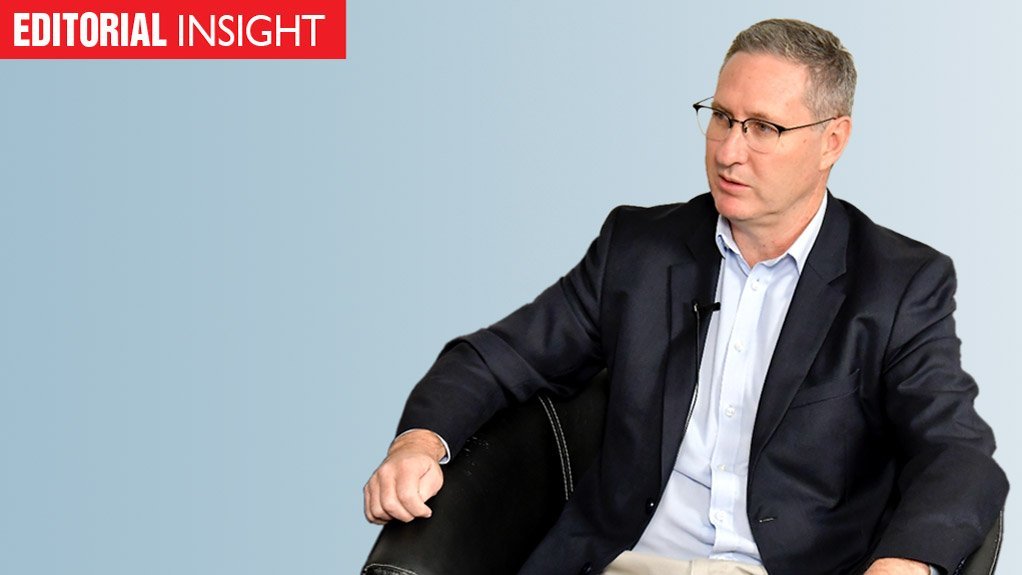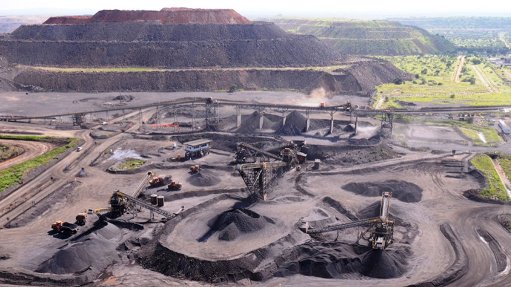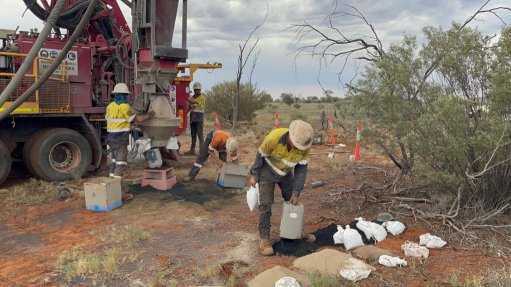Distribution deadlock
Few would disagree that the current financial and operational model for electricity distribution is no longer fit for purpose.
This lack of sustainability is reflected in the continual rise in the arrear debt owed to Eskom, which currently stands at about R80-billion. It can also be seen in the high number of illegal connections, the implementation of daily load reduction by Eskom and municipal distributors, insufficient network maintenance and investment, deteriorating municipal finances and several regulatory and legal disputes.
In its most egregious (yet least visible) form, this lack of sustainability is also evident when funds transferred to cover the monthly 50 kWh free basic electricity allowance for indigent households do not reach the intended beneficiaries and are pocketed by local governments.
From time to time, some progress seems to be made, as was the case recently when Eskom and the Maluti-A-Phofung Municipality unveiled a package aimed at settling the municipality’s R8-billion arrear debt by enabling Eskom to collect revenue directly from customers in the area.
Such announcements are undercut, however, by the poor performance of the larger debt-forgiveness plan introduced by the National Treasury only last year. A failure epitomised by a recent announcement that the Sheriff of the Court had attached the bank accounts of Emfuleni so as to pay Eskom, only months after the municipality signed up to the relief scheme.
At a regulatory level, the unsteady state of the municipal distribution model is visible in the current attempt by the National Energy Regulator of South Africa to appeal a judgment declaring the municipal price hikes of July 1 unlawful. Not to mention moves by Eskom’s distribution arm to prevent the entry of electricity traders into areas where it currently enjoys sole jurisdiction.
At a legislative level, meanwhile, the South African Local Government Association is seeking to convince President Cyril Ramaphosa not to implement those parts of the Electricity Regulation Amendment Bill that it believes could negatively affect municipal revenues. Given the far-reaching nature of the Act, which is seen as urgent for aligning the electricity industry with the global energy transition, it’s unclear whether this is possible, let alone desirable, without wholesale redrafting.
To be sure, all these issues are symptoms rather than causes and relate largely to the way electricity revenues have been treated by municipalities in the past. To protect this ‘cash cow’, municipalities have adopted defensive rather than proactive stances with regard to the restructuring of the industry.
As a result, there are too many and too many weak links in the chain, which are becoming weaker daily because of an inappropriate tariff structure that does not fully reflect fixed and variable costs; an imbalance that is leaving municipalities particularly vulnerable, given technological developments that enable households and firms to install their own generators.
Moving from diagnosis to remedy is no easy task, however, and should arguably now be the number one priority of the National Energy Crisis Committee, given the space created by the easing of loadshedding.
Article Enquiry
Email Article
Save Article
Feedback
To advertise email advertising@creamermedia.co.za or click here
Press Office
Announcements
What's On
Subscribe to improve your user experience...
Option 1 (equivalent of R125 a month):
Receive a weekly copy of Creamer Media's Engineering News & Mining Weekly magazine
(print copy for those in South Africa and e-magazine for those outside of South Africa)
Receive daily email newsletters
Access to full search results
Access archive of magazine back copies
Access to Projects in Progress
Access to ONE Research Report of your choice in PDF format
Option 2 (equivalent of R375 a month):
All benefits from Option 1
PLUS
Access to Creamer Media's Research Channel Africa for ALL Research Reports, in PDF format, on various industrial and mining sectors
including Electricity; Water; Energy Transition; Hydrogen; Roads, Rail and Ports; Coal; Gold; Platinum; Battery Metals; etc.
Already a subscriber?
Forgotten your password?
Receive weekly copy of Creamer Media's Engineering News & Mining Weekly magazine (print copy for those in South Africa and e-magazine for those outside of South Africa)
➕
Recieve daily email newsletters
➕
Access to full search results
➕
Access archive of magazine back copies
➕
Access to Projects in Progress
➕
Access to ONE Research Report of your choice in PDF format
RESEARCH CHANNEL AFRICA
R4500 (equivalent of R375 a month)
SUBSCRIBEAll benefits from Option 1
➕
Access to Creamer Media's Research Channel Africa for ALL Research Reports on various industrial and mining sectors, in PDF format, including on:
Electricity
➕
Water
➕
Energy Transition
➕
Hydrogen
➕
Roads, Rail and Ports
➕
Coal
➕
Gold
➕
Platinum
➕
Battery Metals
➕
etc.
Receive all benefits from Option 1 or Option 2 delivered to numerous people at your company
➕
Multiple User names and Passwords for simultaneous log-ins
➕
Intranet integration access to all in your organisation





















